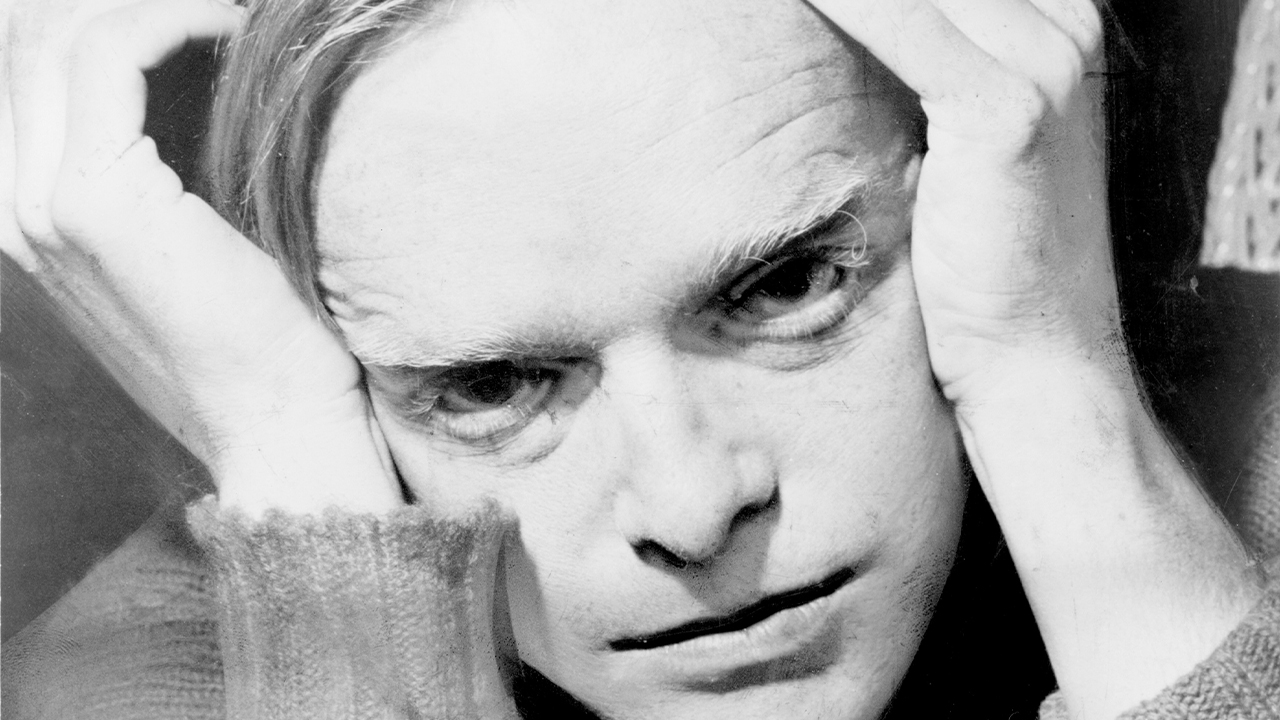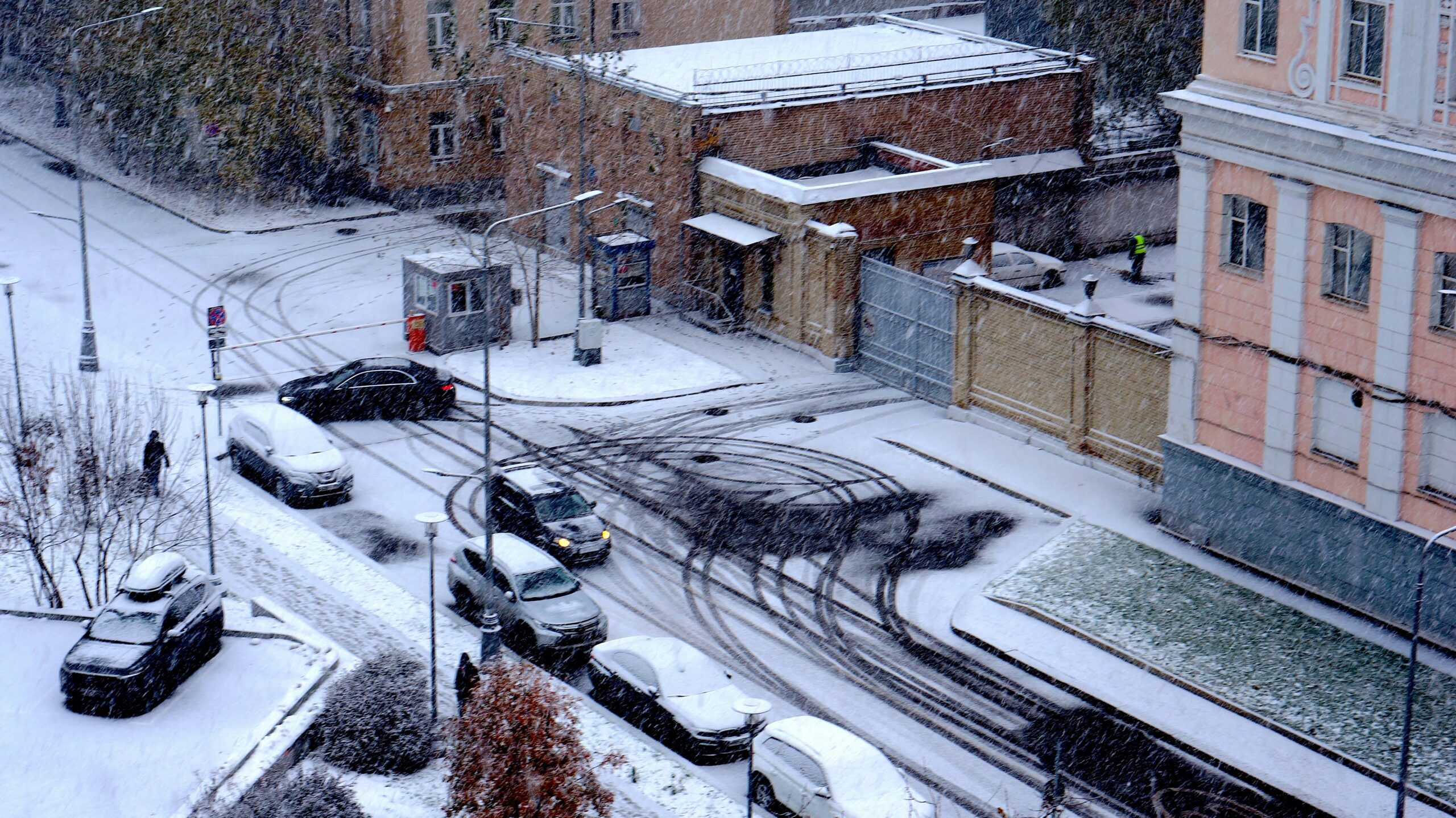Why We Are All Amazed
January 22, 2020
I titled my friend’s recipe “Susan’s Amazing Candied Pecans.” I called my favorite Bosnian restaurant “amazing,” recommended a film as “amazing,” gushed about Robert Macfarlane’s “amazing” nature writing and my friend’s “amazing” travel photographs. To even called a slow-cooker pot roast “amazing.”
Writers should have more vocabulary.
I imagine my English literature professor in college, a Shakespearean, glaring at me over his specs. “‘Amazing’ seems a bit of a stretch for a pot roast, does it not?”
Given that the word means “causing great surprise or wonder; astonishing,” yes, I would have to admit to a stretch. But when I poke about online, I find that quite a few of us are googling “What is a better word for amazing?” and “and “what can I say instead of amazing?” Which makes me wonder whether this is just default laziness or something more interesting.
Maybe we need to be amazed. To be lifted up out of buzzing, beeping ordinary time and reminded that the world can be wondrous, if only because something jolted our senses into a few seconds of euphoria. Usually what seems to rate the word is special in some way, novel, unexpectedly marvelous. In Why? What Makes Us Curious, astrophysicist Mario Livio wrote about “the type of curiosity that results from chills running up and down your spine,” and how pleasant it can be to be surprised by new knowledge or experience. Thinking we might need to take action, our brain makes our hearts beat a little faster, warms us, deepens our breathing, and—this may be the key—diverts our attention from anything irrelevant, so we can focus wholeheartedly on whatever has just captured our attention.
We spend most of our time (I am hoping that you have to struggle as doggedly as I do) trying to force our brains to focus. But a surprised brain, an amazed brain, focuses all by itself. Attention has been “galvanized”—literally, run through with electric current. And the experience is extra exciting because so little surprises us anymore. Most of what we read and see has been customized ahead of time—or is so over-the-top that we suspect it is fake. We are constantly gratifying what neuroscientists have begun to call “specific curiosity” by searching for concrete answers online. But maybe we are missing the more diffuse sort of wonder because we are so busy googling all those concrete answers?
Better words for amazing: astonishing, astounding, fabulous, fantastic, fantastical, incredible, marvelous, mind-blowing, mind-boggling, miraculous, phenomenal, prodigious, stupendous, unbelievable, wonderful, wondrous.
In the most recent Google Ngram I could find, done back in 2008, the usage of “amazing” in books was at an all-time high. I suspect it is far higher now. “Amazement” has 1.7 million hits on iWeb, a database that gathers both formal writing and casual speech.
Of course, the word’s meaning may be deflating. Connotations slip over time. In Old English, according to the Dictionary of Word Origins, “amasian” came straight from a literal stunning: It meant to stupefy, “with perhaps some reminiscences of an original sense ‘stun by hitting on the head’ still adhering to it.” Even the finest of meals does not carry that much wallop. “The modern sense ‘astonish’ did not develop until the end of the 16th century,” the dictionary continues. “Shakespeare was one of its earliest exponents: ‘Crystal eyes, whose full perfection all the world amazes.’”
By then, the noun “maze” had also been formed. It referred to an intriguing structure built to tease and confuse us, a pleasant experience—until dark falls and you are trapped. But we will stay positive. Today, the usual modifiers of “amazing,” spat out by iWeb, are hyperbolic and admiring: jaw-droppingly, freakishly, unbelievably, fucking, absolutely. The word shows up describing views, food, travel, adventure, sunsets, people, magic mushrooms. And grace.
Listening to a podcast interview with a woman who teaches a standing-room-only course on Chemistry in Harry Potter, I decide that anything that entrances us is more captivating these days, because we cannot enter that state as easily as we used to. We are distracted and no longer naïve. Religious miracles are looked at askance, and the miracles of modern science and technology have left us wary. We no longer even fall in love in magical ways, bumping into someone in a bookstore or happening to sign up for the same Portuguese class. We let a computer algorithm pick instead.
Still, we hate to think of ourselves as Muggles, plodding along in a mundane, predictable existence. Deprived of spontaneous meetings and mystical sacraments, our options for alchemy are reduced to adventure quests, art, and fermentation—whether of booze, bread, yogurt, pickles, or the imagination. When we declare various foodstuffs and experiences amazing, we are implicitly endowing them with magical properties.
Pot roast too. Why not?






